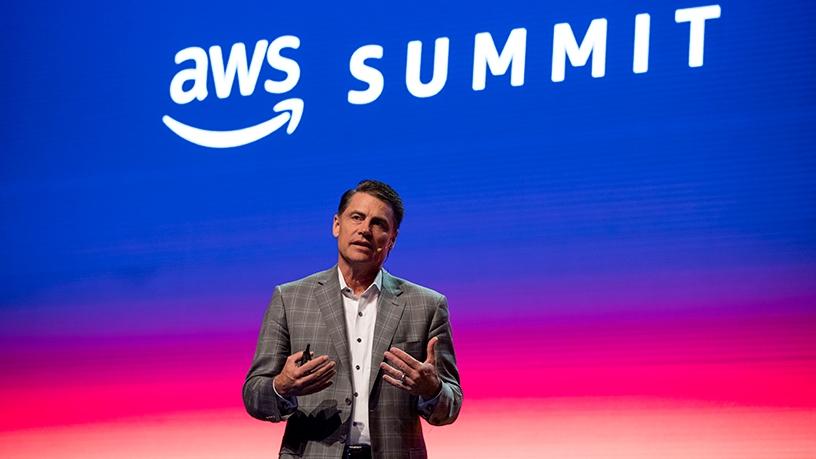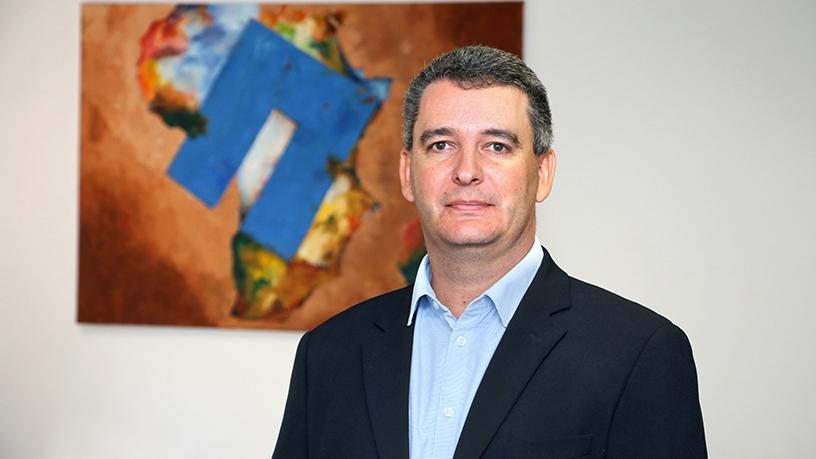
At the third annual Africa Amazon Web Services (AWS) summit in Cape Town this week, cloud computing was singled out as "the most important technology trend in the history of IT".
Amazon also highlighted how important the African market is to the tech giant, sharing its plans for continued investment.
Mike Clayville, Amazon VP for worldwide sales and business development, yesterday spoke to a packed auditorium at the Cape Town International Conference Centre.
"We are investing deeply in Africa; we are so enthusiastic about the marketplace. We have thousands of engineers in Cape Town already. Cape Town was the place where we invested in skills to do networking and advanced software as early as 2004, and much of that technology was the foundation of EC2.
"We're going to continue to invest in Africa because we are very enthusiastic about the innovation that is happening here."
Clayville also addressed cloud computing technology's potential impact on the world. "This is a unique time in history, it really is, and I feel so lucky to be in technology right now at the confluence of such important major trends.
"The trend towards cloud computing will, I believe, be perceived in the fullness of time as the most important technology trend in the history of IT. We'll look back on these times, the times we are in right now, and we will recognise, five or 10 years from now, how important the things that we are doing today are, how important they are for the transformation of our industry, of our businesses, and changing the human condition."
He said Amazon Web Services has thousands of customers across Africa, from huge enterprises to small start-ups, leveraging its platform.
"Our earnings announcement from last quarter shows we are now on a $22 billion run rate, with a year-on-year growth rate of 49%. It is really just unprecedented in tech, and it is actually the fastest company to ever hit the $22 billion run rate in tech, because of all the builders out there that have found the AWS platform very useful to create interesting and unique innovations.
"Worldwide, we now have over a million active customers leveraging the platform every month and all of them have helped drive this financial performance."
Local reticence

While Amazon's customer base in SA and Africa is growing rapidly, there are still businesses in the country that are hesitant about cloud computing technology.
Morne Bekker, NetApp SA country manager and SADC district manager, said: "It is no secret that South African enterprise is definitely embracing the cloud. If you walk around [the AWS summit], everybody is asking the million-dollar question: when is AWS actually launching services and data centre in the country? It is obviously the best kept secret, but it means people are using it.
"However, South Africans are typically conservative by nature; our culture is conservative and we don't easily let go of things. We want the data centres to be running here, we want that data to be residing within the borders, and we want that data to be secure.
"Security is on everybody's mind, especially since recent attacks on a large financial institution. This heightens everyone's thinking about security and how critical is it to protect data and your environment.
"But arguably, these types of attacks could happen on-premises or in the cloud. The cloud, because of the scale and size of it, the security there is probably better and people are more attentive to it than on-premises," noted Bekker.
"If you just think about the billions of devices, mobile phones, the Internet of things, artificial intelligence, that is feeding into compute (for lack of a better word) to house all of that on traditional infrastructure on-premises, it doesn't make any sense. How do you scale it, how do you predict it?
"How do you on a forward-thinking basis get your business into a position where you are always ahead of the curve without wastage? In the cloud environment, you have got that elasticity; you can move it up and down and quickly."
More than 2 600 people are attending the AWS summit this year, which is more than quadruple the number of attendees at the first one in Cape Town in 2016. This year, there are 26 technical talks, up from 16 last year.
Share